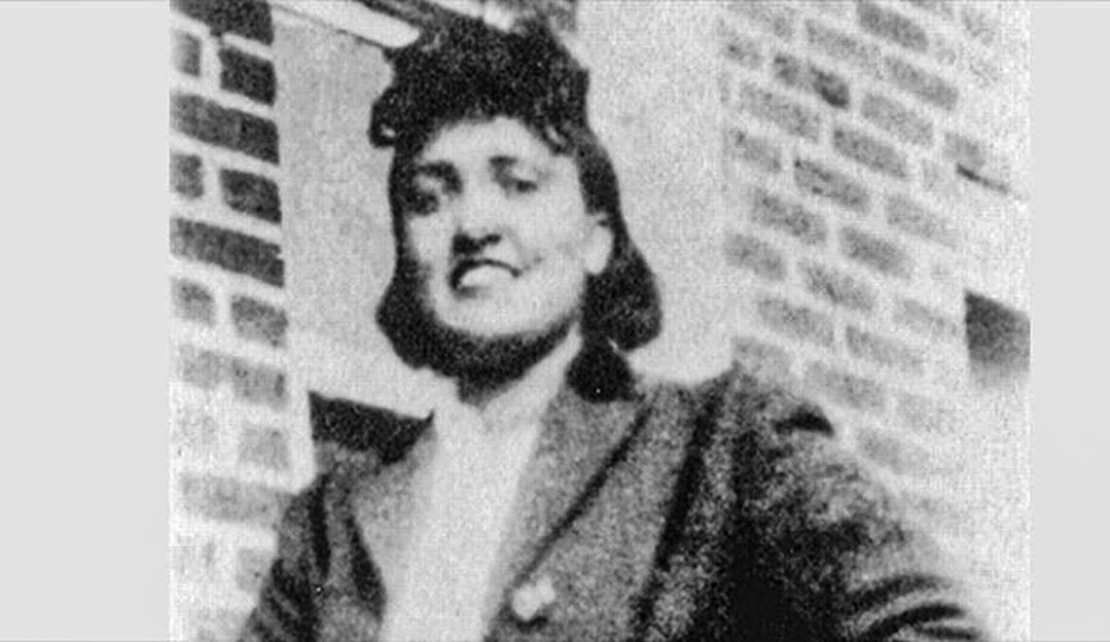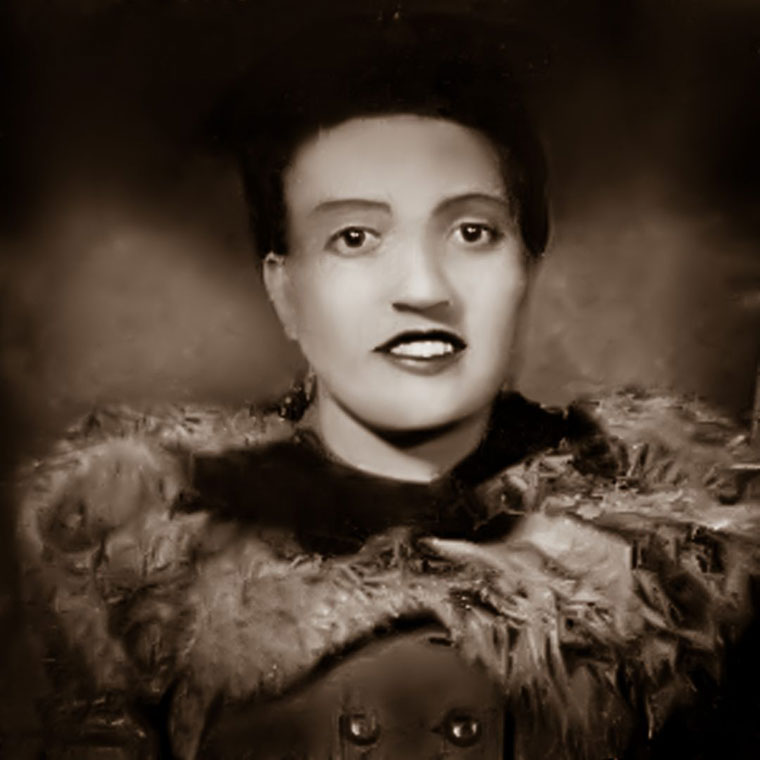UNITED STATES | Statue of African American Henrietta Lacks to replace Confederate General

The African-American woman whose cancer cells were taken without her consent and were used for ground-breaking medical discoveries and treatments Henrietta Lacks, will be memorialized in bronze when a life-sized statue is erected in her honour in her hometown of Roanoke, Virginia.
Lacks, whose cells were taken without consent 70 years ago and have helped save millions of lives - will get a statue at a spot that once hosted a monument to Confederate General Robert E Lee.
Henrietta Lacks' cancer cells were the first to be cloned outside the human body and have been instrumental to medical breakthroughs around the world. Scientists have called her the "mother of modern medicine".
An organization dedicated to acknowledging Black history in the community’s public spaces, known as Roanoke Hidden Histories, has raised more than $183,000 for the project.
The Lacks statue will be erected at the recently renamed Lacks Plaza, which was once home to the Confederate monument to General Robert E Lee, whose statue was toppled during Black Lives Matter protests in 2020.
After calls to replace it with a monument that honoured the contributions of black Americans, sculptor Larry Bechtel was commissioned to carve a statue of Ms Lacks.
"This means a lot to my family," said Ron Lacks, her grandson, at a ceremony unveiling plans for the statue, adding that he was looking forward to seeing “the sculpture that will honor her forever in this beautiful city of Roanoke,” he said. "My dad is the last living relative of Henrietta… He's fought through the tears and the pain to tell her story so I can share it with the rest of the world."
Who was Henrietta Lacks?

Without informing her or asking for permission, doctors sent a sample of Ms Lacks' tumour to a lab for medical research before treating her for aggressive cervical cancer. At the time, according to Johns Hopkins historians, it was common practice for doctors to harvest samples from their patients for further medical research.
But Ms Lacks' cells proved to be a medical miracle. While nearly all cell cultures died quickly in the lab, these cells continued to multiply and didn't age, making them "immortal".
The cell line, called "HeLa" after Ms Lacks' first and last name, was sent to research labs around the world. According to the World Health Organization, HeLa cells have led to the creation of the polio vaccine and advancements in HIV, cancer and infertility research.
But the same properties that made the cells a scientific miracle, also made them lethal. Months after her diagnosis, Ms Lacks died from cancer at just 31 years old.
Her family has said they were never informed that her cells had been harvested until decades later and they have spent years fighting to reform the system that they say "stole" their mother's cells because she was a poor black woman.
The statue honouring Ms Lacks is expected to be unveiled in October 2023. Ben Crump, the Lacks family attorney, said with the statue the City of Roanoke will be "making right a historic wrong".
"Today, here in Roanoke, Virginia, at Lacks Plaza, we acknowledge that she was not only significant… she is as relevant as any historic figure in the world today," he said.
In a testament to Ms Lacks' global legacy, the University of Bristol in England last year erected a statue of her - the first public sculpture of a black woman made by a black woman.
